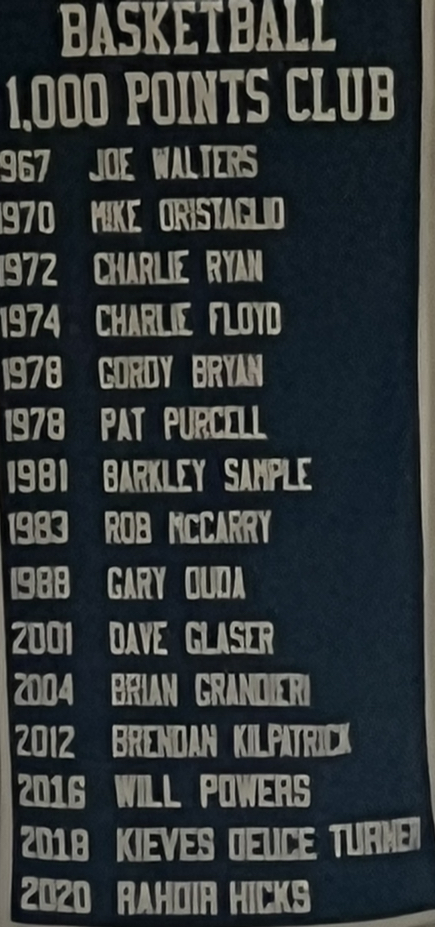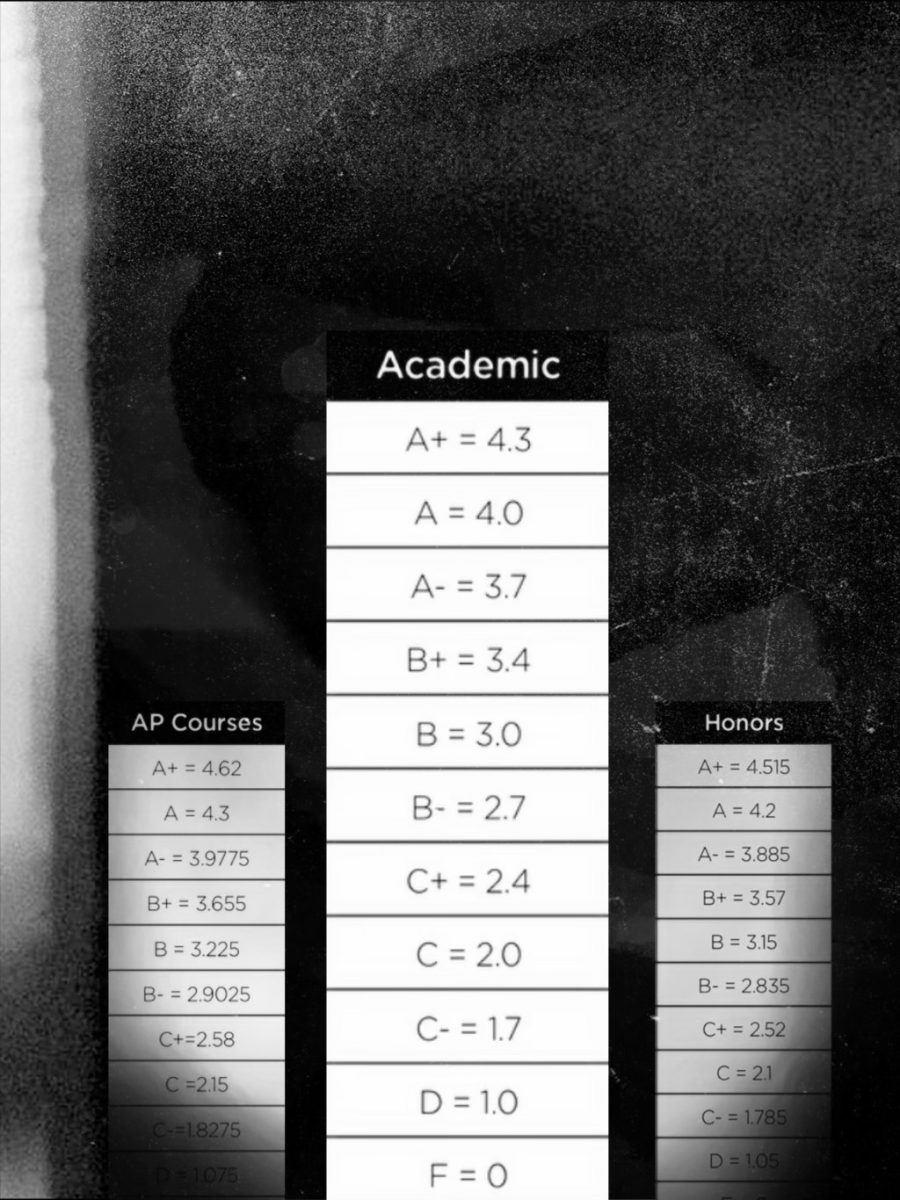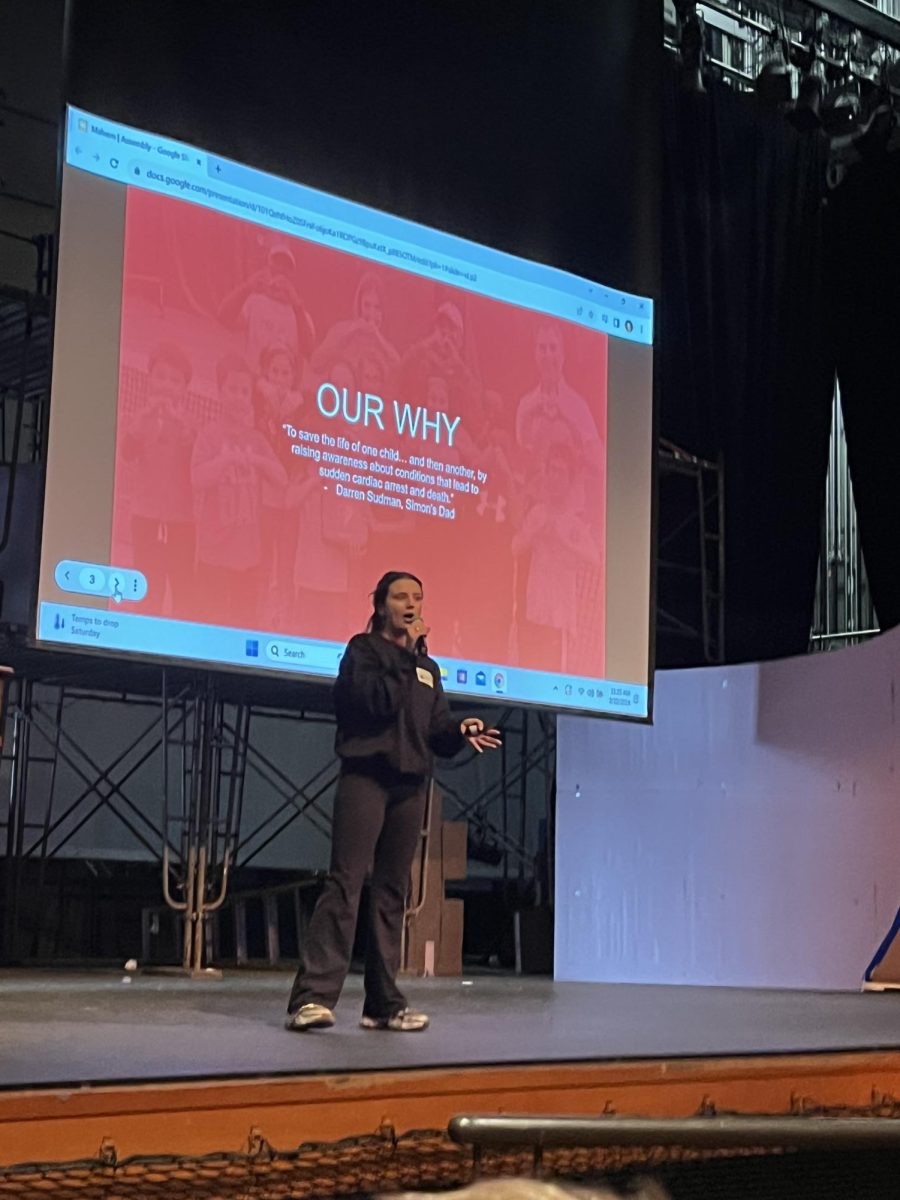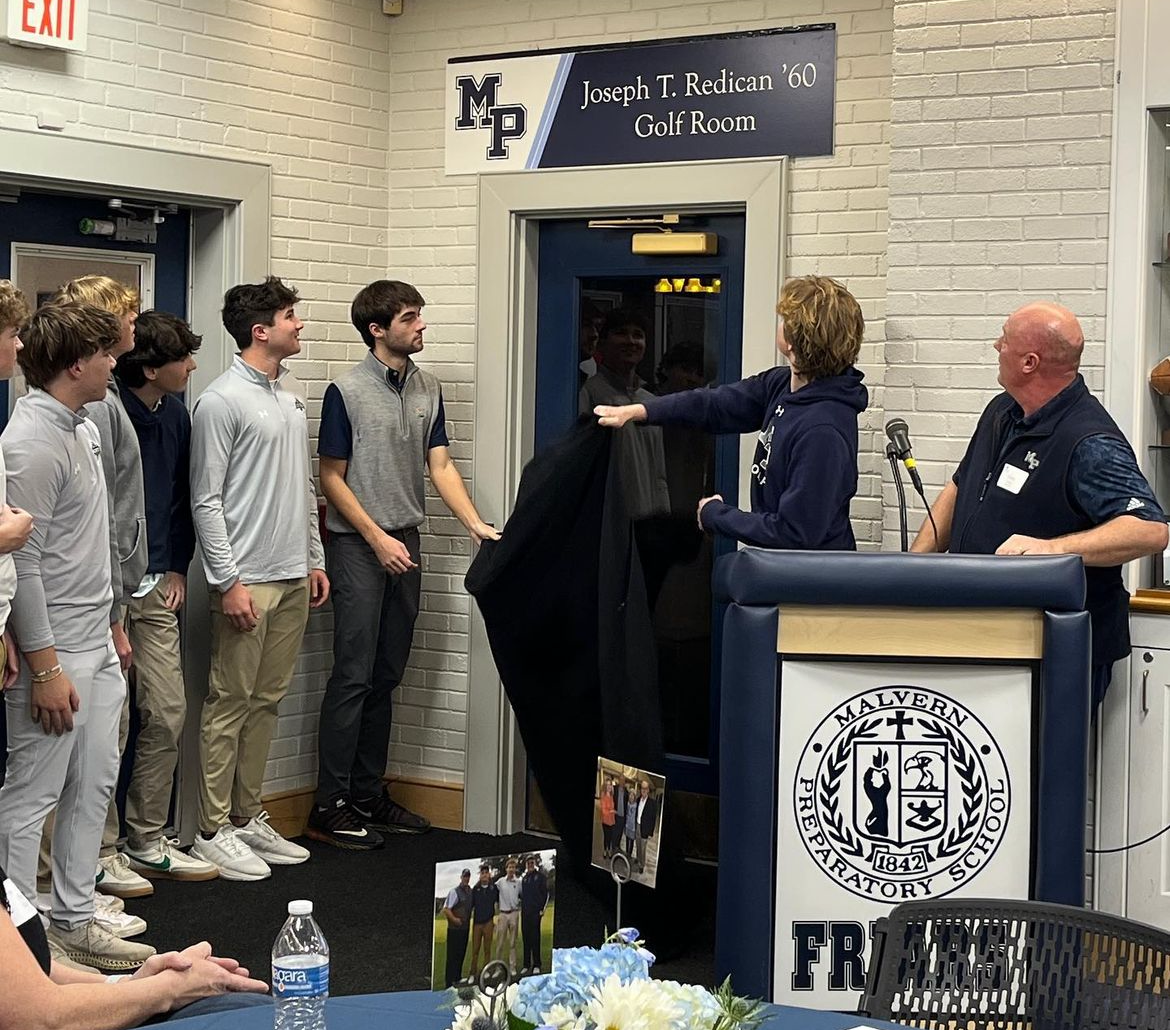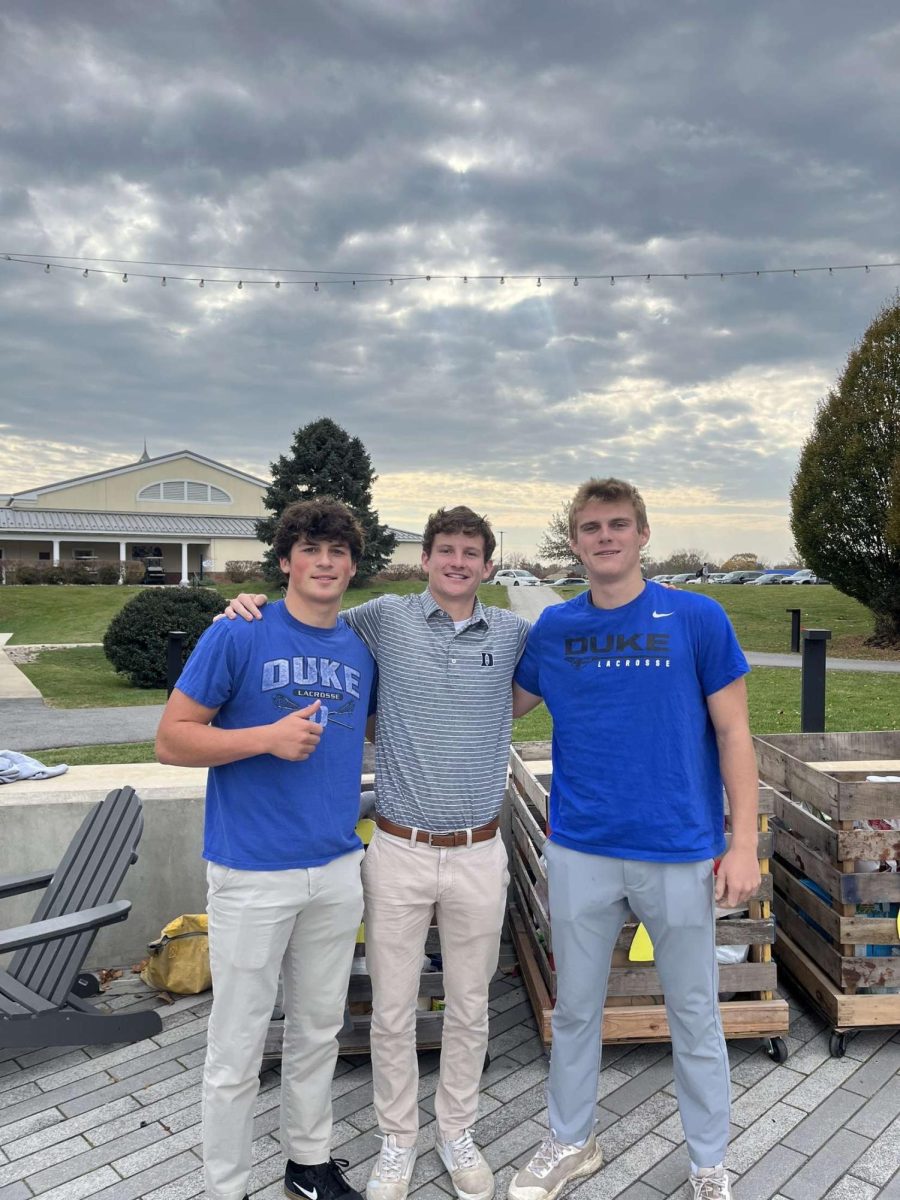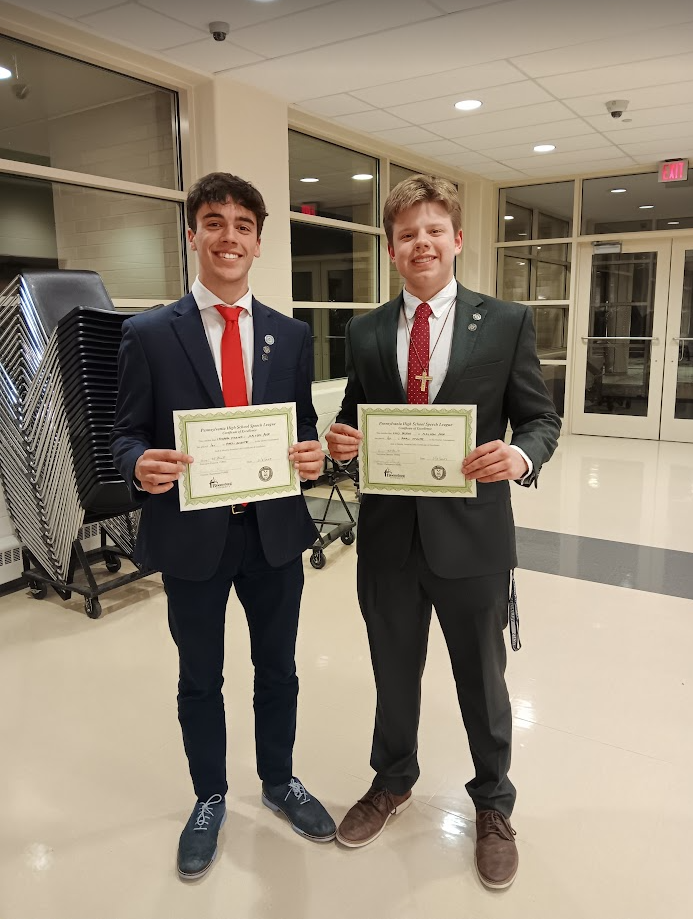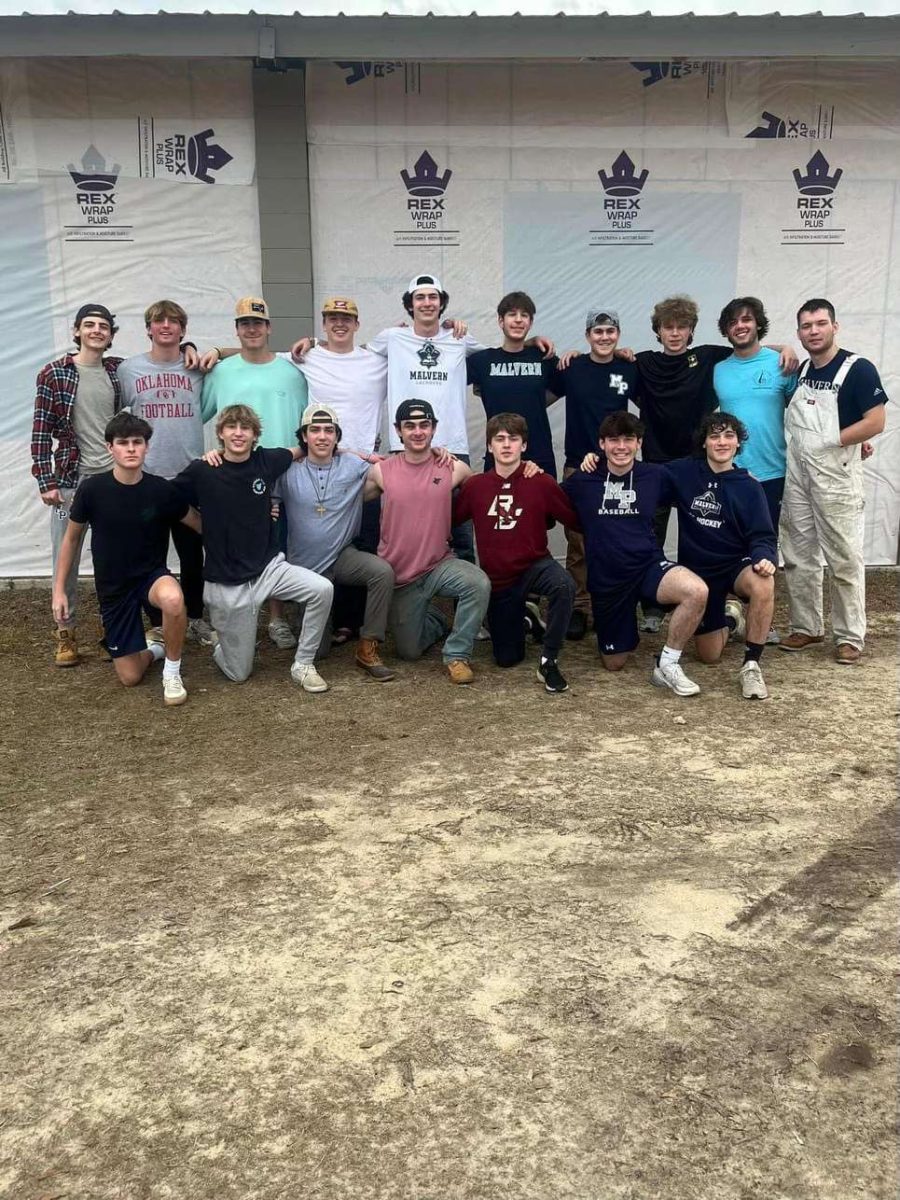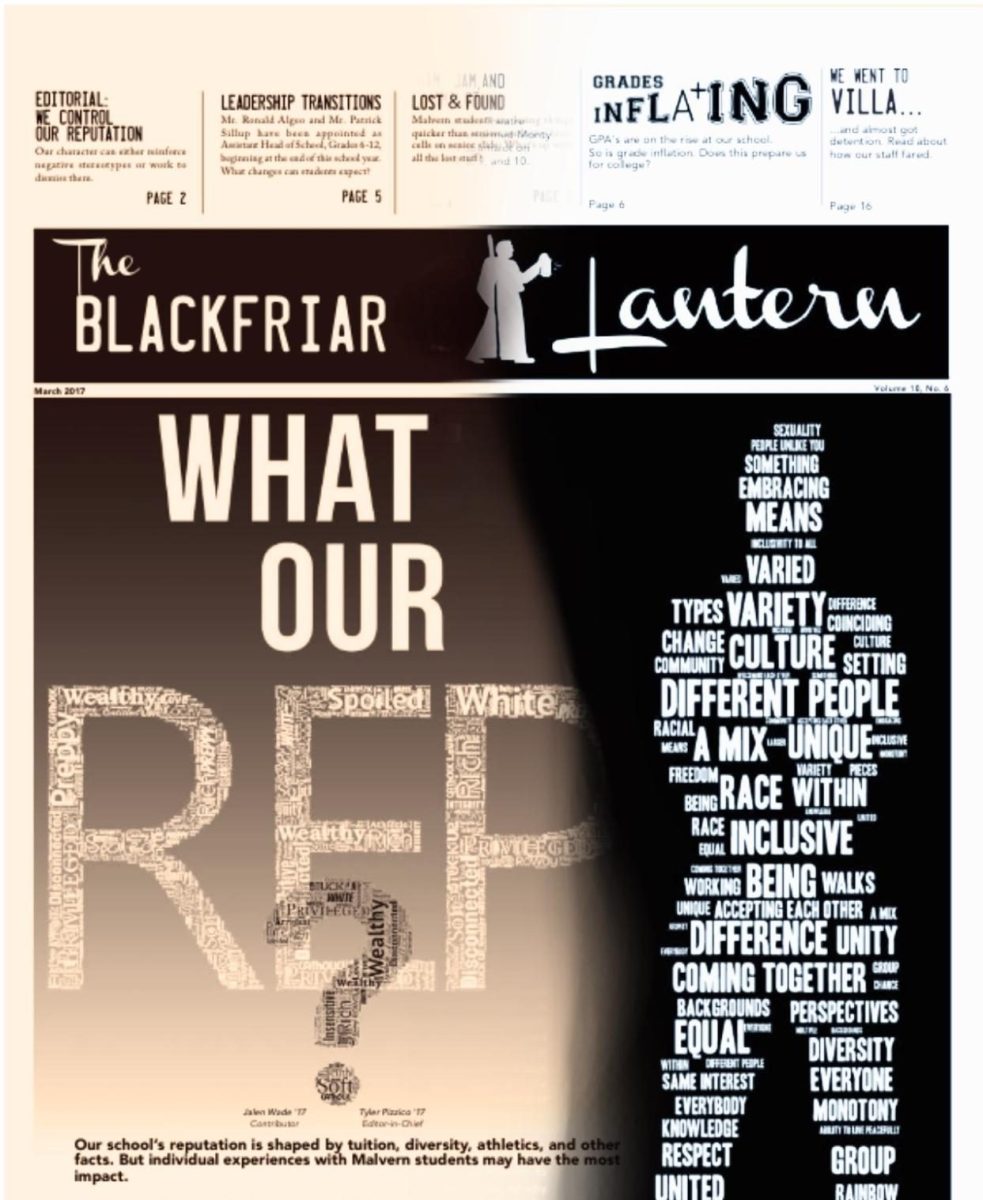As the J-Term comes to close, everyone has different perspectives on how it went—but the consensus seems to be the experience needs tweaks.
The J-Term, or January Term, took over the campus for the two weeks after Christmas break. For those eight school days, students got out of their normal classroom experiences.
Some took unusual new courses such as “Culture in Cooking” or “Mind Games and Movies.” Some went on a service trip to Houston to help victims of the recent hurricanes. Students who had two or more AP classes participated in an AP Institute.

[button link=”https://lantern.news/2018/01/19/inaugural-j-term-offers-new-experiences/” newwindow=”yes”] Read class observations and see photos of the January 2018 J-Term[/button]
Many students who had the ability to take J-Term classes liked them, as 54% of the students surveyed taking those classes rated the worthwhileness of the experience as a 4 or a 5.
 However, those who took AP classes did not feel the experience as worthwhile, as 58% of the AP students surveyed rated their time as a 1 or a 2 out of 5.
However, those who took AP classes did not feel the experience as worthwhile, as 58% of the AP students surveyed rated their time as a 1 or a 2 out of 5.
Senior Quinn McCahon liked his J-Term schedule, which included two AP classes that took place in the mornings, but some of his friends did not experience the same.
“I could go and lift or leave school and do my after school activities which was really nice,” McCahon said. “But for some of my friends whose classes overlapped, then you miss work in one of those classes and have to make up work and see the teacher in the afternoon.”
The J-Term courses, unlike the AP courses, met daily either during the a.m. 2-hour block or the p.m. 2-hour block. Each AP teacher taught just one AP section where all students enrolled in the course attended that session. There were was only four open time slots for AP courses to happen—two per day, rotating every two days. So the overlap McCahon described was was common.

AP U.S. Government teacher Mrs. Harriet Lappas said teachers were excited to have two hours to hold classes. Classes met for a eight total hours over the course of the two weeks.
 “The logic behind that is we have over 175 students enrolled in AP courses and a lot of them take multiple classes which would overlap. I had one student who had another class during mine so he would alternate which he would go to,” Lappas said.
“The logic behind that is we have over 175 students enrolled in AP courses and a lot of them take multiple classes which would overlap. I had one student who had another class during mine so he would alternate which he would go to,” Lappas said.
AP Chemistry teacher Dr. Agnese Abate said the extra hour for class benefitted her class a great deal.
“I think having those two hours consecutively was a great chance to do some labs, as labs are very long and they take time,” Abate said. “The time was very helpful for the labs because we usually meet very early in the morning, around 7:40 every cycle and it is very time consuming, so using that time for lab was great.”
Lappas said she tried to design her AP U.S. Government class so that students experienced different things with the extra time provided by J-Term, but it was challenging.
“Two hours is a long time, especially the afternoon sessions,” she said. “The students struggled. It seemed like their attention span suffered.”
With some of the overlaps, Assistant Head of School for Academics Mr. Patrick Sillup, who served as the point person for J-Term, said students had the responsibility to make sure they utilized their time well in the AP Institute.
“Some guys have said to me connecting with teachers during the time in the Learning Commons has been great,” he said. “Others told me they hadn’t taken advantage of that time.

Sillup said the hard part about figuring out AP classes was the question of how to give the students exposure to the classes with the least amount of conflict possible.
“The challenge was with all those pieces conflicts were going to exist and that bumped some students from the ability to experience some of the courses, which I think is a loss,” Sillup said.
Sillup said these conflicts were made known to him through the survey and informal talks with students. He said most of the feedback on APs was negative.
“It is something we need to deeply think about for J-Term 2.0, what we would do differently,” Sillup said.
The workload of the J-Term was manageable, according to McCahon. He said that he still got homework like during regular classes. However, he thought the courses were pretty long.
“I do wish we had a chance to take some of the fun courses they have for the J-Term instead of APs, but maybe they’ll figure that out in the future,” McCahon said.
Lappas said AP students like McCahon were disappointed they couldn’t enroll in J-Term courses.
“Many students said that it almost felt like they were being punished by not being able to take the J-Term courses, saying they took the most rigorous courses Malvern has to offer and they don’t get to participate in the fun of J-Term,” she said. “So that is something that needs to be addressed.”

Sillup taught the J-Term course “Building Baseball’s Next Team of the Decade.” He thought his class went well.
“We had a great group of 35 guys. We had a Malvern alum come in and help with the class, and it has just been a fantastic experience. The guys gave their presentations and we’re just really excited about it,” Sillup said. “I just really enjoyed it.”
Lappas said that some other teachers were very excited about the J-Term courses. “They’re talking about connecting with students they otherwise wouldn’t have a chance to connect with in a non-academic way and they love it,” she said.
Freshman Ryan Durkan thought J-Term was repetitive but was “okay overall” with his two J-Term courses.
“I felt like I learned some things in my a.m. block, but my p.m. block we didn’t really learn all that much,” Durkan said. “It really needs some work next year but I thought it was a good start.”
Sophomore Christian Siaton took both AP Biology and a J-Term class. He thought there needed to be improvements made to J-Term next year.
“I was disappointed with the organization,” Siaton said. “I thought that time would be used more effectively than it was.”
Lappas believes the AP Institute needs further changes and tweaks for J-Term 2.0.
“There are a bunch of questions,” she said. “The theory behind the AP Institute was that we didn’t want to fall behind in the curriculum, because it is so rigorous and the course is based off the 180 day public school calendar, and we’re not in school 180 days so from the first day of school we are already behind.”
Abate addressed the possibility of having the J-Term in a different time of the year, and the extra open time provided to the students.
“I know for sure the students were not happy having AP classes during the J-Term, maybe moving the term to May could be helpful. But I don’t know if it would be for everyone,” Abate said.
She worried that students who had open periods did not take advantage of available times to meet with teachers. “In terms of accountability there were few students who came in during the open times to see me other than the class time. I don’t know how to change that, but they have no class. They they didn’t come in for the extra help provided,” she said.
Abate stated that in the future, she might use more time for labs instead of new material during a two-hour block. “Maybe it would have worked better to see them everyday possibly, instead of two hours every other day, it could be an option,” she said.
Sillup wants to see more student-driven coursework next year.
“I hope the survey shows other courses that guys are thinking about,” Sillup said. “I think the idea of students joining the teaching staff during J-Term is very exciting and I would love to see that.”
Lappas says she considers the J-Term’s first go around a success, but admits there needs to be some tweaking for next year.
“I mean obviously the first time mistakes are made and you see what works and what doesn’t and make the necessary changes for the next time,” Lappas said.



